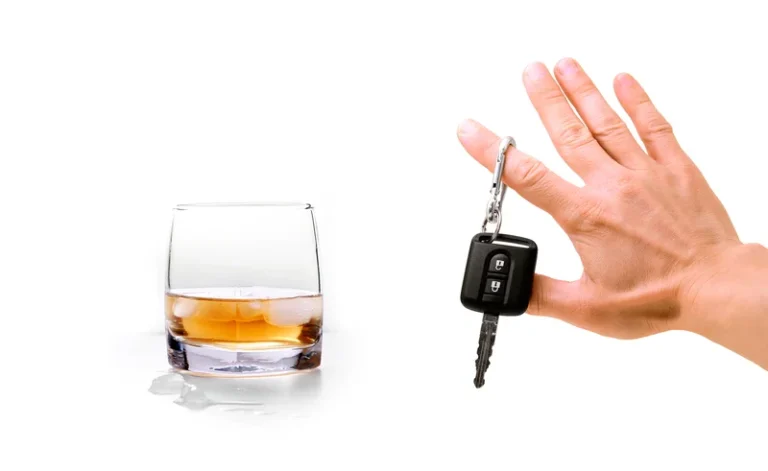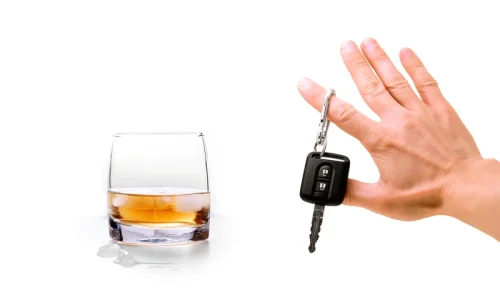
Together, https://ecosoberhouse.com/ these strategies not only empower individuals in their commitment to sobriety but also equip them with essential tools to tackle the emotional landscape of recovery effectively. Exploring new hobbies, such as creative activities or outdoor exercises, fosters emotional expression. Activities like painting, hiking, or group sports also promote physical well-being which is beneficial for mental health as they release endorphins that elevate mood. A human connection can help people get through the toughest situations, and this holds true for addiction recovery.
Pinnacle Treatment Centers
Checking in with each other and sharing experiences helps you maintain sobriety. By comparison, loneliness makes it easier to slip without anyone noticing. Though loneliness can be a normal experience in the recovery process, it can have negative effects on your sobriety. To achieve a “new normal” life, ICU survivors cherished their independence and were resolute in navigating the recovery journey without external assistance 58, 62.
- Among the adopted coping strategies, emotional coping is widely recognized by survivors and caregivers as an effective way to overcome difficult times, leveraging positive psychological capital (PsyCap).
- Consulting with therapists through virtual sessions on platforms like BetterHelp or Talkspace can provide the support needed to navigate difficult emotions.
- Millions of people struggle with addiction; however, that doesn’t mean all recovering addicts experience the same road to…
- These groups not only offer understanding but furnish practical advice, helping you stay ready in Asl for life’s challenges.
- A data extraction form developed according to the Joanna Briggs Institute (JBI) information was used by two researchers independently 25.
- Morgan is a mental health counselor who works alongside individuals of all backgrounds struggling with eating disorders.
How evidence supports the effectiveness of digital mental health solutions
You can help people who are affected by alcoholism by making a donation to the loneliness in recovery Cleveland District Office. We are committed to healing everyone who enters our doors from the inside out. No matter what stage our guests enter treatment, we strive to meet them right where they are. Discover empowering ways to stop addiction for good and regain control of your life. Unveil the lifesaving power of Naloxone and its impact on overdose reversal. Discover how to quit drinking safely, manage cravings, and embrace a healthier lifestyle today.
- In today’s digital age, technology can play an essential role in diminishing loneliness and helping with coping with loneliness in recovery.
- Claire is a Counseling Psychologist and is passionate about improving access to mental health care.
- That’s why we look at ‘interactivity’ rather than simply ‘commonness’ to conform to the nature of interaction in the caring relationships.
- By understanding its roots, individuals can take proactive steps to foster connection and build a supportive network.
- When you’re lonely for too long, it can negatively impact your mental and physical health.
How to Help Someone with Alcoholism
Some resorted to avoidance strategies as a temporary means of escaping pressure (wearing a faked smile). Caregivers also sought moments of respite to reclaim aspects of their previous routines (seeking respite). Ultimately, both parties independently cultivated skills relevant to their roles (developing daily routine), enabling them to navigate challenges they encountered on their own. Dyads often experienced setbacks in accessing health care support immediately following discharge home 45, 52,53,54. Survivors expressed feelings of being “left without a lifeline”, and caregivers described a sense of being “left on my own”. Narratives from both ICU survivors and caregivers emphasized the growing chasm in their social relationships, whether spatially or emotionally.
The Role of Professional Support

Using drugs or alcohol feels like an escape where you don’t have to deal with your emotional pain and loneliness. Unfortunately, when Sober living house drinking or using drugs turns into an addiction, the loneliness gets even worse as the relationships around you crumble. We believe there’s always hope for recovery—and we’re here to connect you with the resources you need to be successful in your sobriety journey.

Furthermore, PsyCap has been proven to be modifiable through training, suggesting clinical implications for optimizing the abilities of ICU survivors and caregivers to utilize resources during challenging times 71, 72. In contrast, problem-focused coping, which involves efforts to develop adaptive skills and transitions toward an empowerment paradigm, is more appropriate for managing controlled stressors 7. Notably, “being there with” was reiterated by ICU survivors and caregivers as a powerful motivator driving the journey of recovery, which in turn ensured that there was interactivity between ICU survivors and caregivers.
- Understanding yourself and enjoying your own company is a major part of combating loneliness.
- This is a meta-synthesis of qualitative studies, which was guided by the Stress and Coping Framework.
- Maintaining regular communication with supportive family and friends is vital as well.
- These renewed bonds not only help in reducing isolation but also contribute to a sense of belonging.
- That is why restoring relationships during addiction recovery is so important.
- Antonovsky’s salutogenic theory emphasizes that perceived social support positively influences health outcomes 5.

This theme explores the collaborative coping strategies that ICU survivors and caregivers employ, emphasizing their joint efforts to navigate the recovery process as a unified team. As a cohesive unit, survivors and caregivers typically opted to tackle challenges together through concerted efforts. They favored positive dyadic coping styles, fostering renewed confidence in their ability to support one another in managing stress (reorientation of mindset). They were adept at harnessing the power of their psychological capital (cultivating inner power) and tapping into their social networks for support (sharing burden with an open-ear). Of course, they placed great value on companionship and simply being there for each other (going through thick and thin together). Consequently, they willingly engaged in open communication and negotiated the caregiving process, even when conflicts arose in their interactions (negotiating care level).
- When you enter into addiction treatment, it’s important to find a supportive community to help you in your addiction recovery process.
- In the past, I used alcohol as a coping mechanism, but now I use healthier coping methods such as mindfulness and meditation among other tools.
- A support network may celebrate sobriety milestones or help you stop when you feel the need to consume a substance.
- In addition to social connections, participating in meaningful activities can distract from feelings of loneliness.
Many people find volunteering provides them with a sense of purpose and it can also increase social contact. If doing these things feels like too big a step, start by joining a group online and challenge yourself to do something in person when you’ve built up your confidence. Self-compassion complements mindfulness by encouraging individuals to be kind to themselves. It allows them to forgive past mistakes and recognize their journey toward healing. By acknowledging progress, no matter how small, individuals can foster a sense of worthiness and self-acceptance.
Social media sometimes causes people to compare their lives with others, and may create feelings of coming up short or missing out. The global pandemic intensified feelings of loneliness for many, but long before lockdown, there was evidence that people were suffering the effects of loneliness. A YouGov survey in 2019 revealed that almost half of adults reported feeling lonely at least a few times a month.
